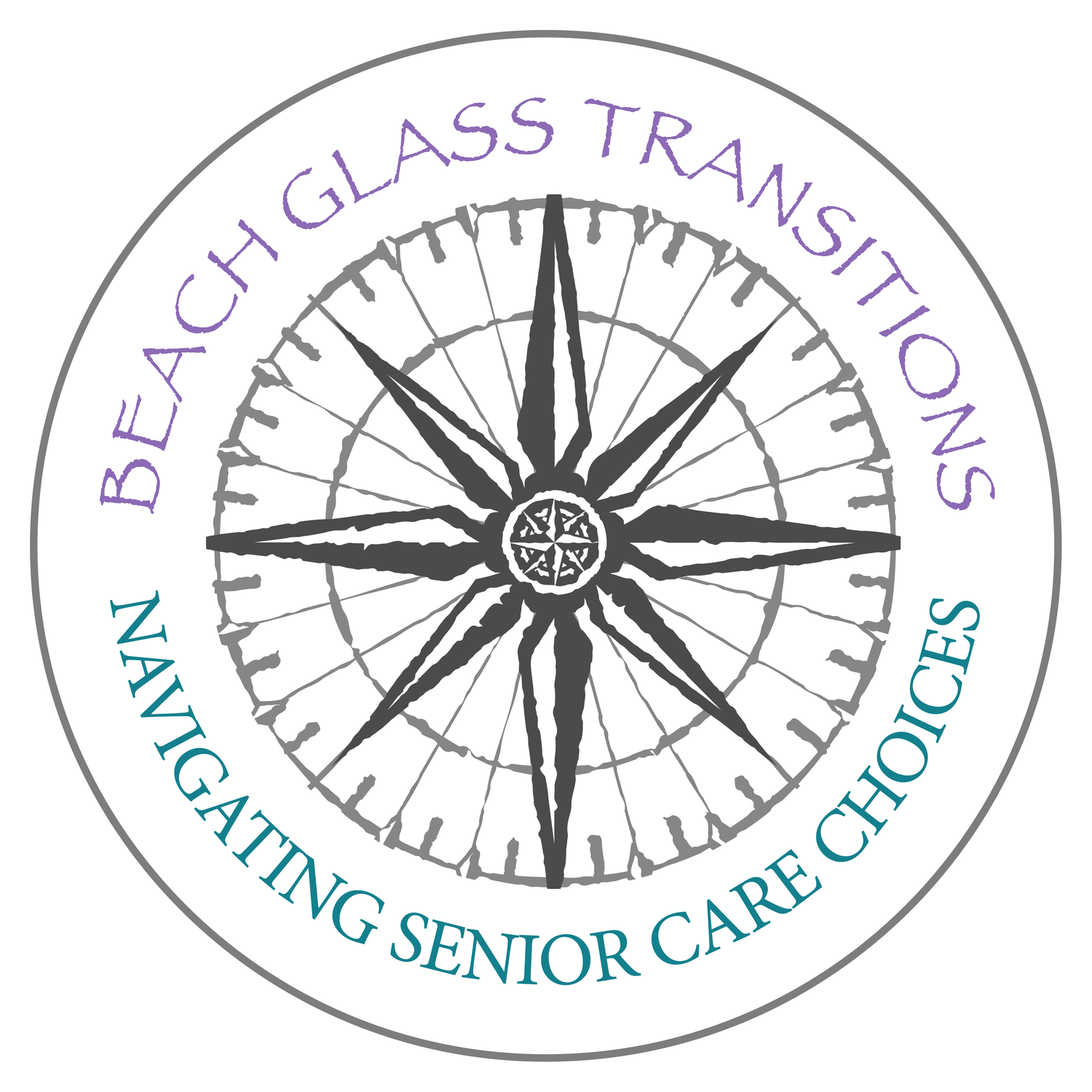About Medicaid
/For many people who require long-term care, Medicaid is the only option for financing. Medicaid is a federally subsidized, state-run program providing health insurance to those who meet financial requirements, especially children, seniors, and the disabled. In some states, like New Hampshire, Medicaid is simply called Medicaid. In Maine it is known as MaineCare. In Massachusetts it is MassHealth.
For our purposes, we will be talking specifically about how Medicaid services seniors in need of long-term care. In order to qualify for this assistance, there are strict eligibility requirements, both medical and financial.
Medical Eligibility
To qualify for Medicaid coverage for Long Term Care, medical need has to be established. This is determined by assessing the need for assistance with Activities of Daily Living, medication management, or the degree to which cognitive impairment threatens safety.
In Maine, the assessment process is conducted by the state Department of Health and Human Services (DHHS), which uses the KEPRO Assessment, formerly known as a GOOLD Assessment, to determine medical eligibility. In New Hampshire, the evaluation process is not an independent assessment, but rather a review of the senior’s documented medical history by a team of DHHS professionals. The review team carefully assesses physician’s notes and recommendations, and, in some cases, asks for additional examinations and testing. If you live in New Hampshire and you believe your loved one will need to apply for Medicaid, talk with your loved one’s physician openly and honestly about the challenges you have observed that he may not be aware of, as his support will be critical.
In both Maine and New Hampshire, you have the right to appeal the decision if the assessment shows that your loved on is not medically eligible for Medicaid assistance.
Financial Eligibility
Financial eligibility requirements vary from state to state. All states have asset limits that are generally very stringent. Middle class people are particularly vulnerable in this regard. In general, people in the middle class do not have the assets to pay for nursing care privately if it becomes necessary, but they have to go through a significant “spend down” of their assets before they qualify for Medicaid assistance. In the case of a couple, there is some protection of assets for the “community spouse,” meaning the spouse that remains living independently in their family home. Still, the provisions are not much and the spend down can be financially devastating.
In addition, some states also have income limits that can disqualify seniors from receiving Medicaid benefits. These kinds of limitations vary from state to state. To get a clearer idea of what the requirements in your state are, or whether you will have trouble qualifying for assistance, speak to an Elder Law Attorney, or contact a local Senior Care Advisor.
Non-Countable Assets
There are some assets that are considered non-countable or exempt in a Medicaid Financial application. These include the primary residence, household furnishings, wedding rings, vehicles, pre-paid funeral expenses, and businesses that still produce income. This is not a complete list, and again, this can vary from state to state. It is advisable to speak with an Elder Law Attorney about what is and is not a countable asset.
Look-back Periods and Penalties
When applying for Medicaid, a person’s finances may be subject to a “look-back” period. The length of this period varies from state to state. The purpose of this period is to prevent people from giving away money to children in order to shelter it from Medicaid. If any substantial amount of money is found to have been given away during the five years prior to the application, or any countable asset sold for significantly less than its market value, there is a penalty period.
The penalty divides the amount of money given away, by a state-set nursing home monthly cost; the senior then becomes ineligible for Medicaid assistance for that number of months. For instance, if a senior gives their son or daughter $40,000 dollars within the look back period, and their state-determined nursing care rate is $5,000 per month, that senior becomes ineligible for Medicaid assistance for a period of eight months. This has become a widespread problem, as so many people engage in the practice of giving away money before death to avoid estate tax.
Under certain circumstances, some asset transfers are considered protected. Be sure to check with a qualified Elder Law Attorney before making a significant transfer of assets.
Elder Law Attorneys & Medicaid Planning
Elder Law Attorneys are experts on the Medicaid requirements of the states they practice in, and they are the most qualified to assist in financial planning in terms of qualifying for Medicaid, whether it be in a crisis situation, during a spend down, or well in advance of needed services. See the Elder Law Attorney section for more details.

